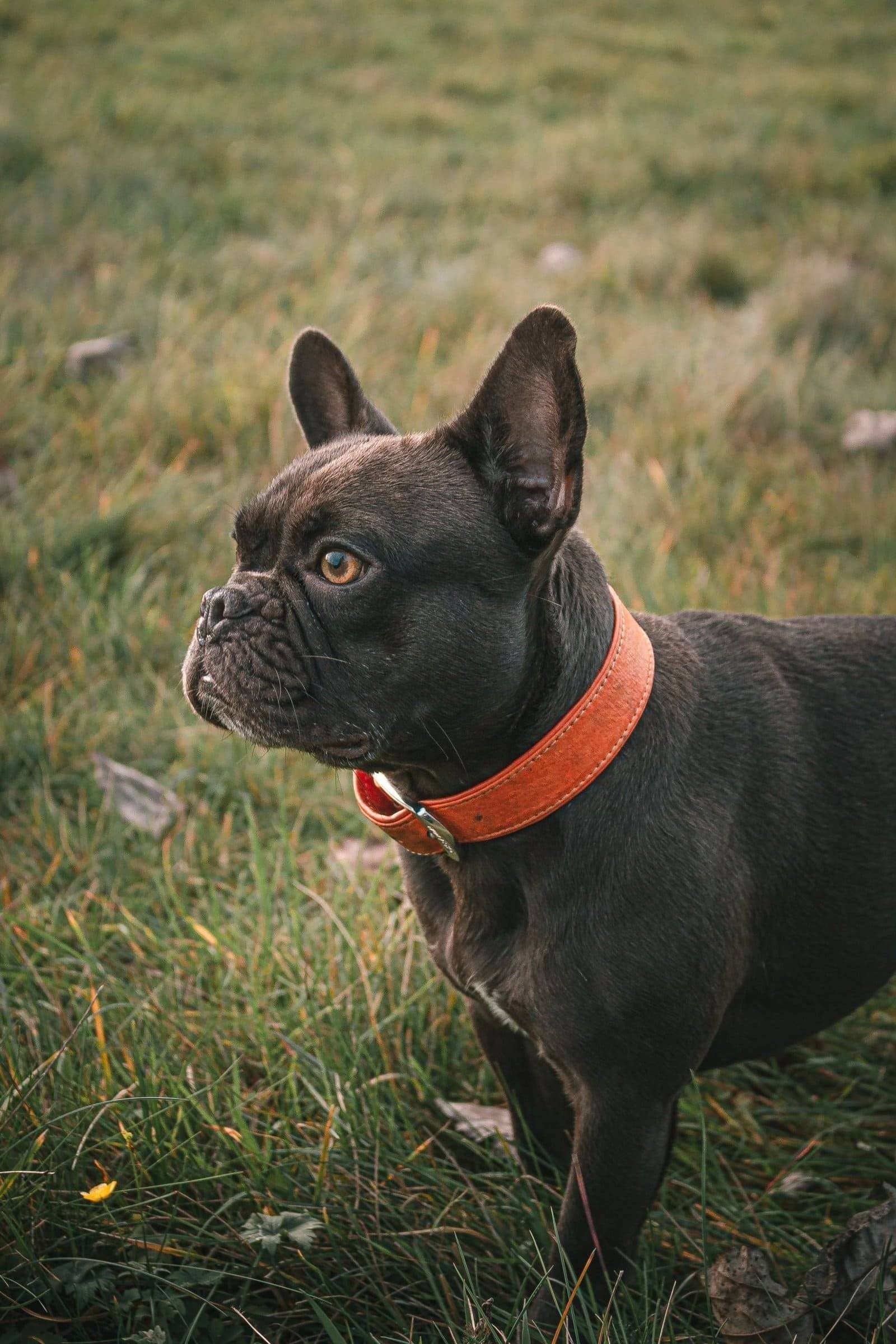By Hannah Stevens

Like young children, dogs and puppies are forever curious. They never tire of sniffing objects in their environment, as well as eating or rolling in them. Endless sights and scents mean adventure and exercise for your furry friend, and it’s a joy to witness this kind of carefree enthusiasm for life. Along with the healthy benefits of curious energy come certain dangers, however, including the risk of overexposure or poisoning by harmful chemicals. Fortunately, your dog can avoid exposure or ingestion of toxic chemicals – with a little help from you, his beloved human.
Know the Culprits
Before you can be effective at keeping toxic chemicals away from your dog, you have to know what these chemicals are. Educate yourself about common household products that can be harmful to your pet, as well as any chemicals your dog may be exposed to when the two of you take your walks. Anything your dog is exposed to will be carried into your home – and into your bed, too, if you allow co-sleeping with your dog.
Not only do you need to know which chemicals to avoid, but also what specific products and materials contain them. Often, a toxic chemical isn’t obvious by the name or stated purpose of a product but could still contain harmful chemicals that might attract your dog in some way and cause him harm in the process. Read labels carefully and consider switching to all-natural products.
Garages and sheds, in particular, are common storage places for hazardous chemicals such as gasoline, oil, paint, fertilizer, and antifreeze. Unfortunately, these areas of your property usually contain products with toxic chemicals that can’t be replaced with natural alternatives. Although your dog may rarely be in the garage or shed, it’s still a good idea to store harmful chemicals high up where your dog can’t get to them.
Common Household Poisoning Hazards
In addition to chemical hazards, there other common household items that can cause harm to your dog if inhaled or eaten, including certain medications and foods. Even if you are diligent about protecting your dog from toxic exposure, accidents still happen. Ensure that you have a poison helpline number saved on your cell phone, as well as the number of the nearest emergency vet clinic. In any case of poisoning, time is of the essence.
Medications
Over-the-counter pain relievers such as Advil and Aleve are commonly found in medicine cabinets, but it’s also common for a bottle to be floating around on the kitchen counter or a nightstand where a dog could easily get to it. These products contain non-steroidal, anti-inflammatory drugs (NSAIDs), like ibuprofen and naproxen. If NSAIDs are eaten in toxic amounts, it can result in acute kidney failure in both dogs and cats. Signs of toxicity include diarrhea, vomiting, black-tarry stools, and seizures.
Other medications commonly found in the home that are harmful to dogs if ingested in toxic amounts are acetaminophen (found in Tylenol and cold/cough medications) and amphetamines used to treat ADD and ADHD, such as Adderall and Concerta.
Foods
Certain foods that humans can generally enjoy without risk can be deadly to dogs. Chocolate, for example, contains a relative of caffeine known as theobromine that is highly toxic to canines. The darker and more bitter the chocolate, the higher the danger. Another potential poisoning culprit is xylitol, a sugar replacement found in many sugarless gums and candy. Xylitol can cause a life-threatening drop in blood sugar, and even liver failure. Unfortunately, dogs can’t safely enjoy grapes or raisins either, as these foods can cause kidney failure.
Mycotoxins
It’s not just human food that may contain toxins. There are certain ingredients found in dog food that may be contaminated with mycotoxins, which are produced by molds that grow on crops of grains. These ingredients include corn, barley, rye, wheat, cottonseed, peanuts, and corn. Good nutrition is of utmost importance for your furry companion, so opt for high-quality natural ingredients and leave the cheapest food on the shelf behind. It will generally contain lots of grain fillers.
Modern lifestyles commonly involve the use of chemicals. Between cleaning agents, insecticides, rodenticides and much more, potential danger can lurk in your home and other areas of your property. In the case of accidental ingestion, inhalation, or direct skin contact, contact a pet poison hotline or emergency vet clinic, and provide any immediate treatment possible. Remember that danger can be avoided with some careful research and cautious storage.




